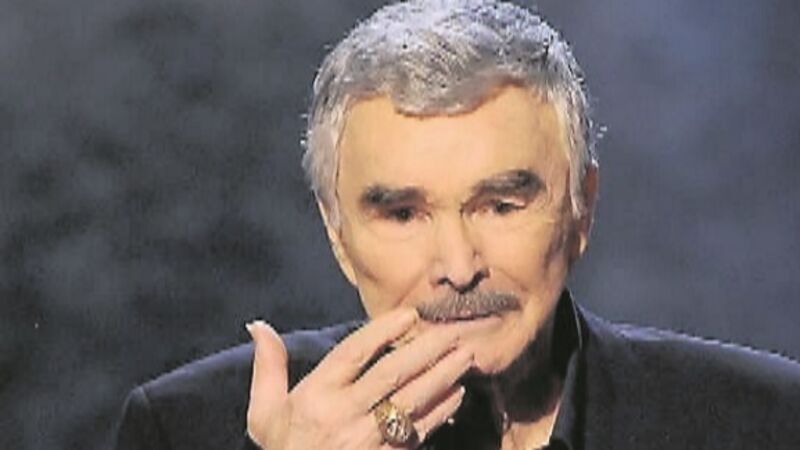Burt Reynolds' memoir doesn't disappoint

AT JUST a few weeks shy of his 80th birthday and with 80 movies under his belt, Burt Reynolds says he still believes his best performance is ahead of him.
But in the role of one-time superstar who had it all, lost most of it and couldn’t give a damn, this could well be it.











